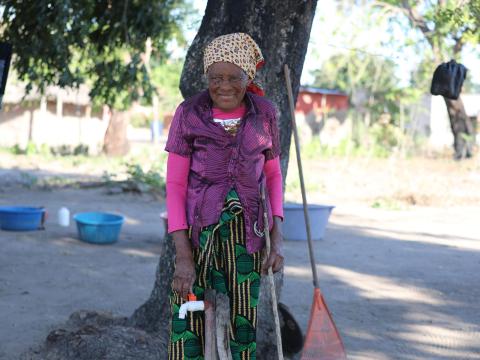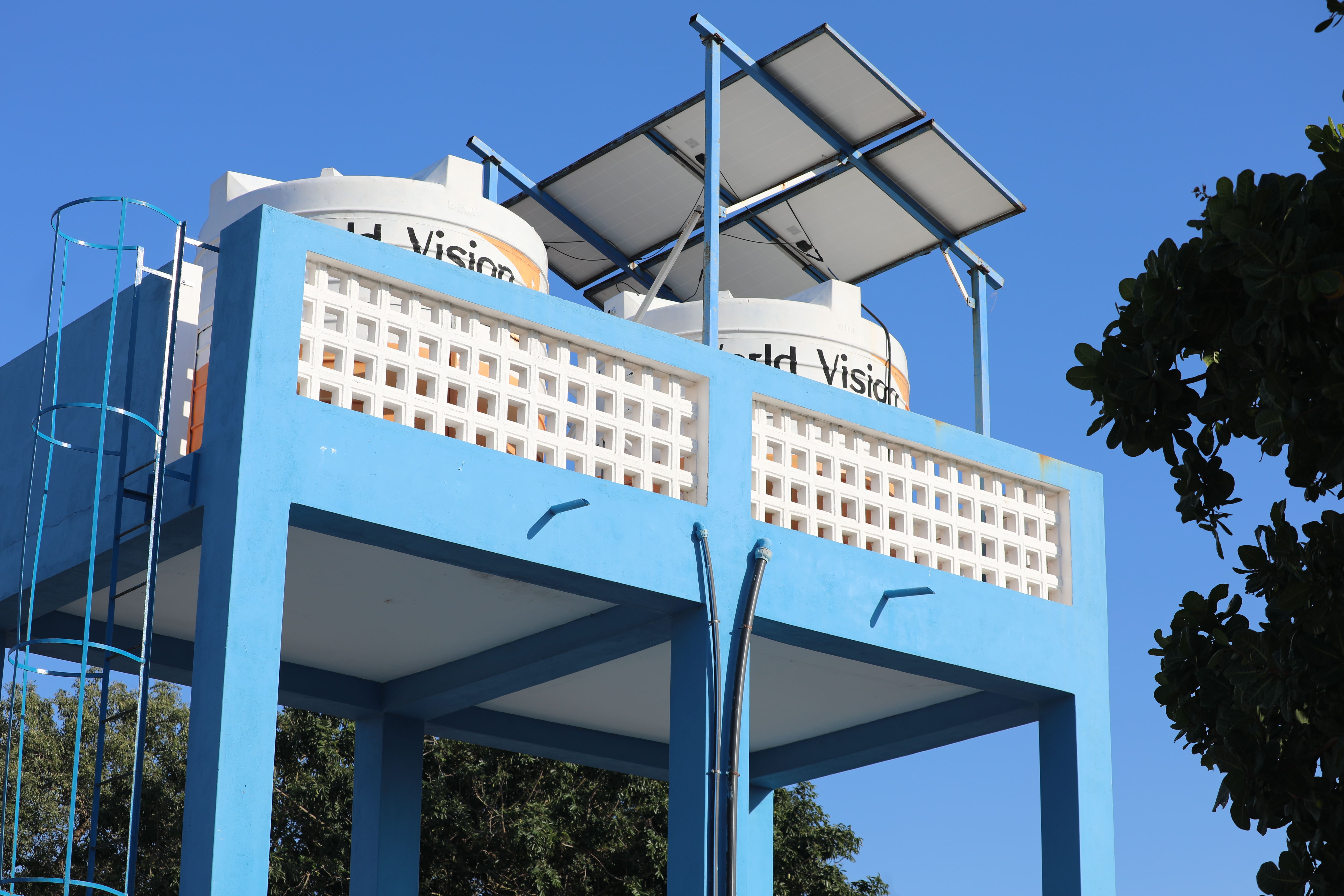From Dry Land to Running Taps: Inclusive Water Access in Gaza Province, Mozambique

For generations, the people of Javanhane, in the Chivongoene district of Gaza Province, lived with a quiet resignation: safe, clean water was simply out of reach. The region’s harsh, semi-arid landscape, with its dry soil and erratic rainfall, offered little promise of change. But that changed with an innovative and sustainable solution introduced by World Vision Mozambique.
Rather than merely building water supply systems, World Vision took an ambitious step further. These systems were handed over to private local operators, ensuring not just access, but long-term sustainability. By shifting management and maintenance to the private sector, the systems are repaired promptly when needed and remain functional, a critical factor in regions where broken pumps have long meant the return of thirst.
In Javanhane, this approach has transformed daily life. Some 315 families now have water flowing directly into their homes, something that would have once sounded like a dream.

One of the people most visibly impacted is Melecina, an elderly woman who lives alone. In the past, she would walk more than a kilometre, carrying heavy buckets of water, sometimes up to 20 kilograms, just to meet basic household needs. It was exhausting, painful and often not enough.
Today, everything is different.
“Thank you so much for this support. Life has become easier. I no longer have the strength for long walks, and now I simply turn on the tap and the water flows,” she says, her face lighting up with a quiet smile.
But there’s another reason for her gratitude. Like 11 other vulnerable families in the community, including orphans and elderly people, Melecina is exempt from paying water tariffs. No one is left behind.
“I don’t pay, I wouldn’t be able to if I had to. That’s why I’m so grateful,” she adds softly.
The story of Javanhane is more than a tale of pipes and pumps. It is a powerful example of how thoughtful innovation, local partnership and compassion can bring lasting change, even in the most challenging places.Where the land once whispered “no”, hope now answers “yes”.